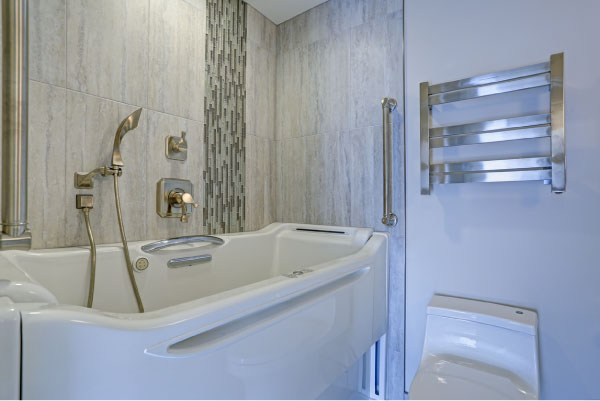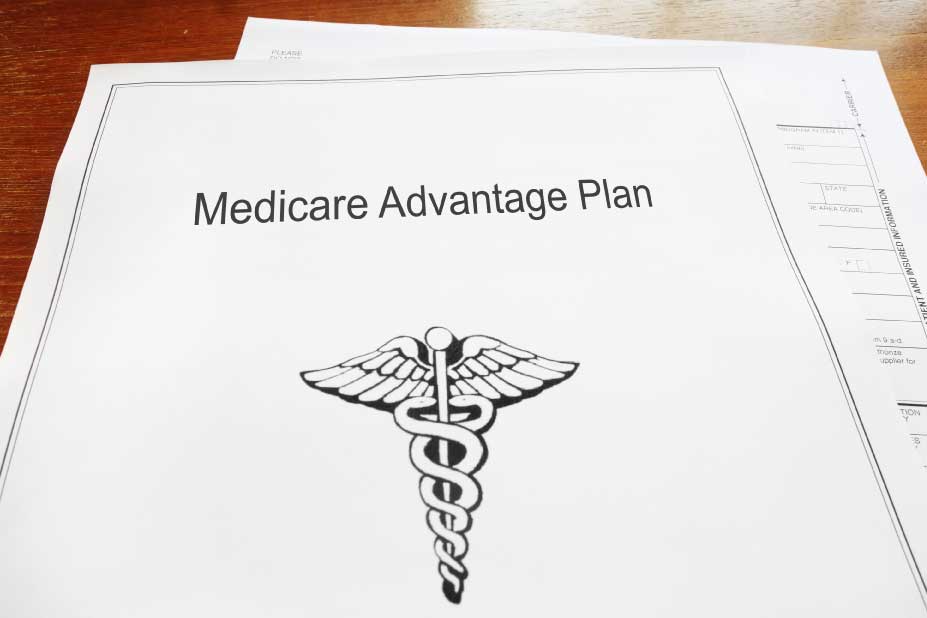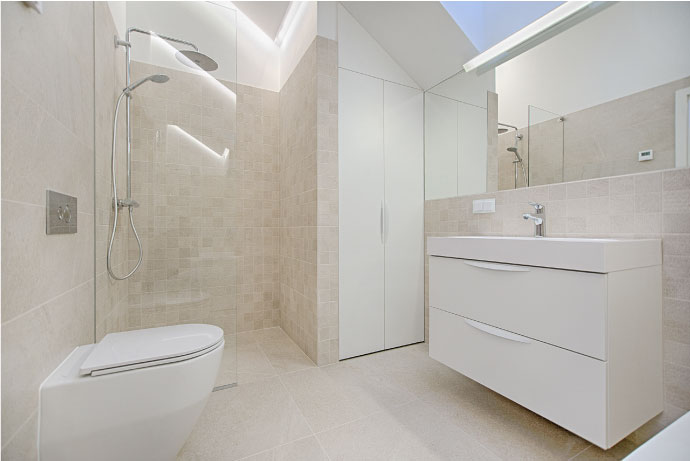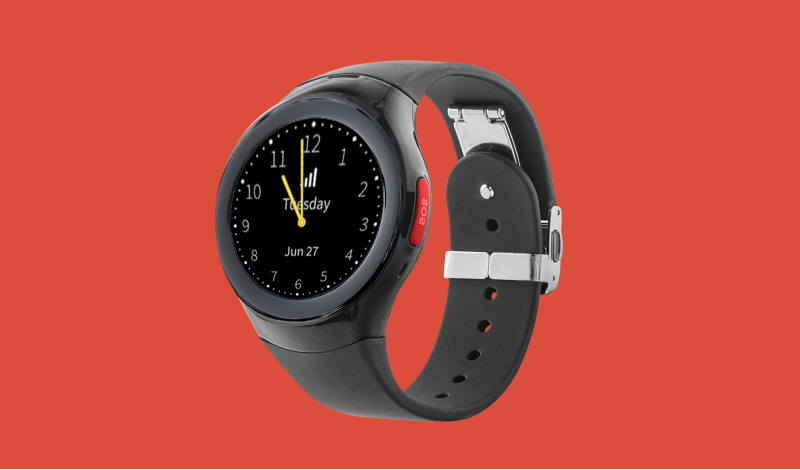Does Medicare Cover Shower Chairs and Grab Bars?
August 28, 2023
If you’re unclear about what exactly Medicare covers, and what it doesn’t, you aren’t alone. The selection windows, red tape, and different policy options can make navigating Medicare difficult. And even still, more than half of Medicare users report having some type of problem with coverage in the past year.
However, amidst some confusion and difficult decisions, Medicare can significantly offset the cost of healthcare costs. Medicare can help to pay for preventative care, skilled nursing care, hospital visits, and more. But what about devices and equipment that can make aging in place easier?
Well, it’s complicated.
In most cases, traditional Medicare Part B doesn’t cover bathroom safety equipment like shower chairs, grab bars, and other assistive devices as they are not considered to be durable medical equipment, or DME.
Of course, many senior advocates criticize the policy because falls are the leading cause of injury among older adults in the United States. They account for an estimated $31 billion in healthcare spending each year. Falls on stairs and in bathrooms are substantially more likely to require medical treatment and/or hospitalization. Shower chairs and grab bars can help prevent those falls.
Although Medicare is slowly allowing coverage for non-medical items like non-skilled home care services, it still considers items like shower chairs, grab bars, and stair lifts as “comfort or convenience items” that aren’t “medically necessary.” That’s a shame because these bathroom modifications can help seniors age in place, staying in their own homes for as long as possible.
Fortunately, seniors do have alternatives that may help cover the cost of bathroom safety equipment outside of Medicare.
Medicare’s Durable Medical Equipment Coverage Terms

Medicare Part B only provides coverage for what it terms “Durable Medical Equipment” or DME. Essentially, durable medical equipment is reusable medical equipment like walkers, wheelchairs, or hospital beds.
To qualify as DME, the device must meet a specific medical necessity and conform to the following criteria:
- It must be used for a specific medical purpose.
- It must be intended for use in the home.
- It’s not useful for someone with no illness or injuries.
- It should be expected to last for a minimum of 3 years.
- The device must be designed for repeat, not one-time, use.
Medicare will only cover DME if it’s prescribed by a doctor who participates in the Medicare program. The doctor must note that the equipment is medically necessary for a designated period of time.
You also have to purchase the items from a Medicare-approved supplier. You may still be responsible for copays, and your Part B deductible applies. Medigap insurance plans only cover Medicare-approved services, so if Medicare denies coverage, your Medigap policy will too.
Medicare Advantage Plan Coverage for Shower Chairs and Grab Bars

Medicare Advantage (MA) Part C plans can provide coverage for things that Medicare Part B doesn’t. Policies vary, but many include dental and vision coverage and even gym memberships. Some plans have an over-the-counter (OTC) allowance that can be used to purchase specific health-related items, including shower chairs, raised toilet seats, and other devices.
Check with your provider to see if there is any coverage available for shower chairs, grab bars, and other devices not covered by Medicare Part B.
Veteran’s Administration Coverage for Home Safety Modifications
Eligible veterans may qualify for a Home Improvements and Structural Alterations (HISA) grant. These grants provide funds to “disabled veterans with service-connected medical issues (and in some cases, non-service-connected issues) who need to make alterations to their homes. All renovations must be “medically necessary,” and prescribed by a VA physician in order to be covered. The lifetime grant cap is $6800, and the money can be used for the following purposes:
- Modifying entrances and exits
- Installing or modifying essential bathroom and self-care facilities
- Modifying kitchen & bathroom sinks, counters, surfaces, etc.
- Improving entrance paths or driveways with ramps
- Improving plumbing or electrical systems to accommodate medical equipment
Talk to your VA caseworker to determine what you need, if you qualify for HISA, and how to get started with your request.
The Importance of Bathroom Safety for Seniors

Anyone who has ever slipped in the tub or shower and caught themselves “just in time” knows how easy it is to fall on wet, slippery surfaces. The risk of serious injury due to a fall increases with age, which makes fall prevention the number one consideration when planning for home modifications.
Good safety rules of thumb for bathrooms in the home include:
- Make sure all bathroom rugs have a non-slip backing and consider installing waterproof, anti-slip tape on tile floors.
- Shower chairs and walk-in tubs can help prevent falls that happen during bathing. Learn how to choose the best shower chair or best walk-in tub for your needs.
- Raised toilet seats provide extra stability and make it easier for people with mobility problems to use the toilet.
- Consider other senior bathroom makeovers to improve safety.
- If a fall or other emergency does occur, a help button or medical alert button can help you call for help quickly. Some medical alert buttons with automatic fall detection will alert operators even if you can’t.
Bay Alarm Medical alert systems provide peace of mind and ease of movement – without the need to wear a button/necklace. Our voice-enabled systems blend in with home decor and can be placed near stairs, in bedrooms, kitchens, and any area that represents an increased risk of falling.
Contact us at 1-877-522-9633 to learn more about our systems and how you can try one risk-free for 30 days.









